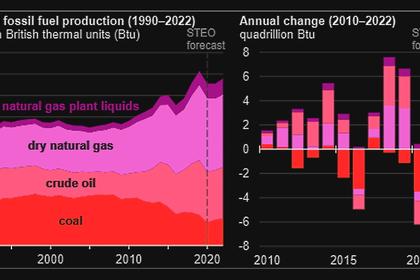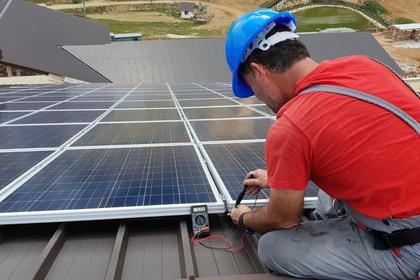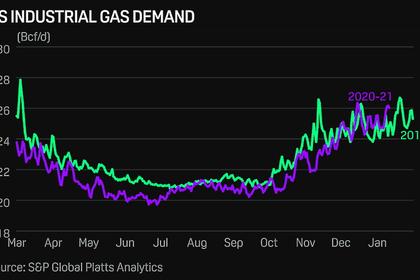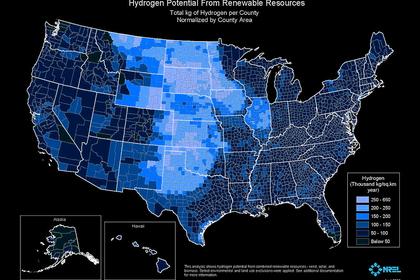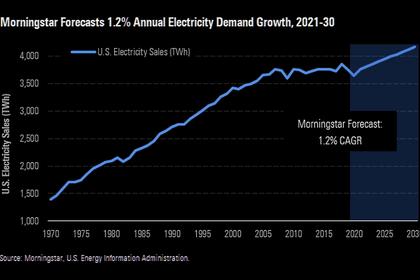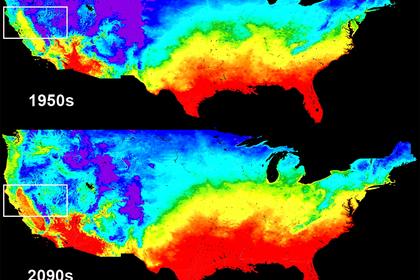
U.S. ENERGY TRANSITION STRATEGY
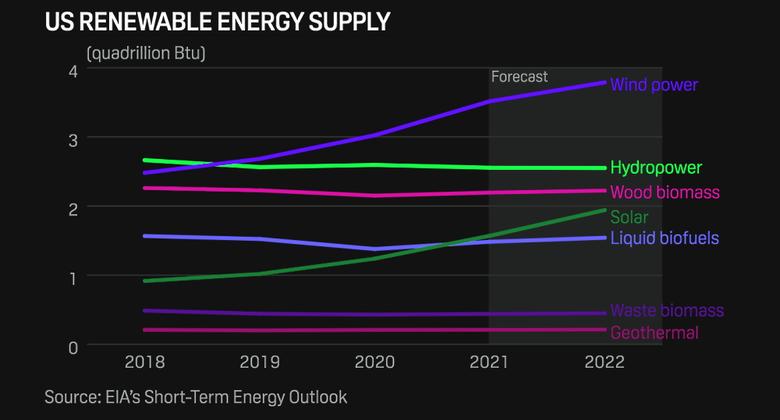
PLATTS - 25 Jan 2021 - Several major US companies that use large volumes of power called on the federal government Jan. 25 to adopt strategies for transitioning to zero-carbon energy, including capacity market improvement, wholesale power market expansion and greater focus on resource adequacy.
"Addressing capacity market construct issues ... will be central to improving existing markets and making them work for customers," and enabling the conversation around expanding US wholesale power markets is an area where the Federal Energy Regulatory Commission can be helpful, Bryn Baker, director of policy innovation for the Renewable Energy Buyer's Alliance, said in a telephone call.
"We support seeing wholesale market constructs in all parts of the country," Baker said.
Some of the country's largest energy customers, including Amazon, Facebook, General Motors, McDonald's, PepsiCo, Target and Walmart have called on the federal government to implement "strong and specific national policies" to accelerate the transition to a zero-carbon dioxide emissions power sector and expand access to clean energy for customers, according to a statement.
"Policies like those outlined today can revitalize the economy, grow high-wage jobs and create the electricity system of the future," Miranda Ballentine, REBA's CEO, said in the statement. "As the newly inaugurated Biden Administration looks to take immediate steps to rebuild the economy and tackle the climate crisis, these iconic businesses stand ready to work together to make a zero-carbon power vision a reality."
REBA companies represent more than $5.8 trillion in revenue and American businesses have signed nearly 30 GW of large-scale renewable energy contracts since 2014, according to the statement.
Supporting wholesale markets
Additional areas where FERC could be influential include through convening regional technical conferences, Baker said. REBA is on the record in North Carolina calling for technical conferences between FERC and regional stakeholders about developing a wholesale power market structure. The region currently operates under a regulated structure with utilities seeking regulated investment returns for generation projects from state regulators.
Technical conferences can help establish communications and North Carolina along with the broader southeast region could discuss potential benefits associated with participating in a wholesale power market, Baker said.
FERC could also help take a broader look at capacity market structures and how wholesale markets need to evolve, along with a broader set of rules for operating these markets, she said. No ISO today is exactly the same, so there is a lot of "freedom and flexibility" in how to design power markets and market rules, Baker said, adding that FERC can be a partner as states consider resource adequacy and state-federal jurisdictional issues.
"We expect a lot of conversation around that and plan to be fully engaged," Baker said.
REBA has not taken a position on carbon pricing, which many economists and other stakeholders see as a strong decarbonization tool.
The group broadly supports a menu of policies that can decarbonize the power system, Baker said. As a demand-side oriented group, REBA focuses on policies that allow customers to access clean energy reliably, equitably and at least cost, she said.
The group's members also differ in some cases on what policies they support. In the short term, Baker expects there will be conversations around a Clean Energy Standard, but other options include utility-led decarbonization and customer-driven approaches like voluntary procurement.
And Ballentine suggested other decarbonization options like revitalizing aging hydroelectric projects or contracting for hydrogen or battery storage by using wind or solar power that would otherwise be curtailed.
Market design improvements could be needed, however, because there are currently no Renewable Energy Credit programs for those other types of projects, Ballentine said.
She also noted the significance of so many companies putting their brand recognition behind REBA's efforts when many face extreme challenges in the face of the coronavirus pandemic and US presidential election.
Johnson and Johnson is working on vaccines, Walmart is focused on personal protective equipment supply chain efforts and Facebook is dealing with fallout from the Capitol riot, she said.
Clean energy is not their primary industry, Ballentine said, noting "the fact that they put their name on this now is pretty remarkable."
-----
Earlier:

